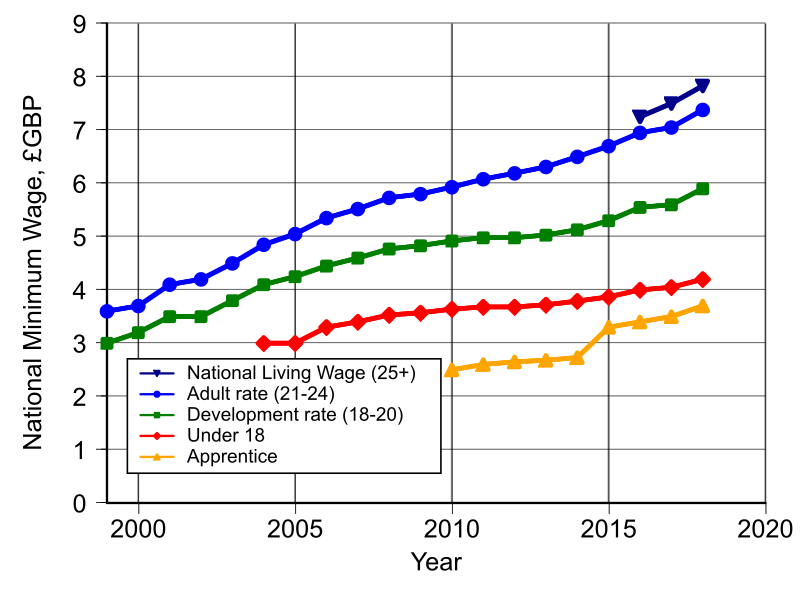Industry Leaders Unite to Discuss Streamlining Energy Permitting

On June 17, 2025, a virtual roundtable hosted by Dentons' Smart Cities & Connected Communities Think Tank will convene industry leaders, policymakers, and experts to examine the complexities of the current energy permitting processes. The session aims to foster collaborative solutions that enhance the efficiency and effectiveness of energy project approvals, a critical component in advancing sustainable energy initiatives.
The current energy permitting landscape is fraught with challenges, often resulting in significant delays and increased costs for energy projects. According to the U.S. Department of Energy, energy project approvals can take an average of 3 to 10 years, depending on the type and scale of the project (U.S. Department of Energy, 2023). This length of time not only hinders the implementation of renewable energy solutions but also impacts the overall transition to a sustainable energy future.
Christine Scanlan, President and CEO of the Keystone Policy Center, will welcome participants and set the stage for discussions. Clint Vince, Chair of the U.S. Energy Practice at Dentons, will moderate the roundtable, bringing his extensive experience in energy law and infrastructure to facilitate dialogue among panelists.
The panel will feature insights from several industry leaders, including Chase Weir, CEO of Distributed Sun and truCurrent; Tom Hassenboehler, Co-Founder and Managing Partner of CO2EFFICIENT; Eric Vandenberg, Senior Director of Transmission Policy at Invenergy; Jon Rund, Deputy General Counsel of the Nuclear Energy Institute; and Rudy Beese, Partner at Dentons. Each panelist will contribute their unique perspectives on the barriers to efficient energy permitting and propose actionable strategies for reform.
The significance of streamlining energy permitting cannot be overstated. As the world grapples with climate change and energy security, efficient permitting processes are essential for the timely deployment of renewable energy sources. According to a report by the International Renewable Energy Agency (IRENA), over 85% of global energy transitions are hindered by regulatory and permitting bottlenecks (IRENA, 2021). Thus, the discussions at this roundtable are poised to contribute to a larger movement advocating for regulatory reform in energy sectors.
Experts in energy policy, such as Dr. Sarah Johnson, Professor of Environmental Studies at Stanford University, emphasize the need for a collaborative approach to policy reform. "It is imperative that stakeholders from both the public and private sectors work together to identify inefficiencies and streamline processes that currently impede the advancement of renewable energy projects," she stated in her 2023 research published in the Journal of Environmental Economics.
Moreover, the roundtable will explore innovative solutions such as digital permitting platforms and inter-agency coordination to improve project timelines. A recent study by the National Renewable Energy Laboratory (NREL) highlights that implementing technology-driven approaches could reduce permitting times by up to 30% (NREL, 2022).
The event's outcomes are expected to influence policy discussions at both state and federal levels, as well as inspire similar collaborative initiatives in other sectors. By bringing together key stakeholders, the Dentons roundtable aims to catalyze meaningful change in energy permitting processes, ultimately advancing sustainable energy projects necessary for combating climate change.
In conclusion, as the energy landscape continues to evolve, the need for efficient permitting processes becomes more pressing. The insights gathered from this virtual roundtable could pave the way for transformative changes in how energy projects are approved, fostering a more sustainable and resilient energy future.
For more details on this event and to register for participation, please visit Dentons' official website.
Advertisement
Tags
Advertisement





